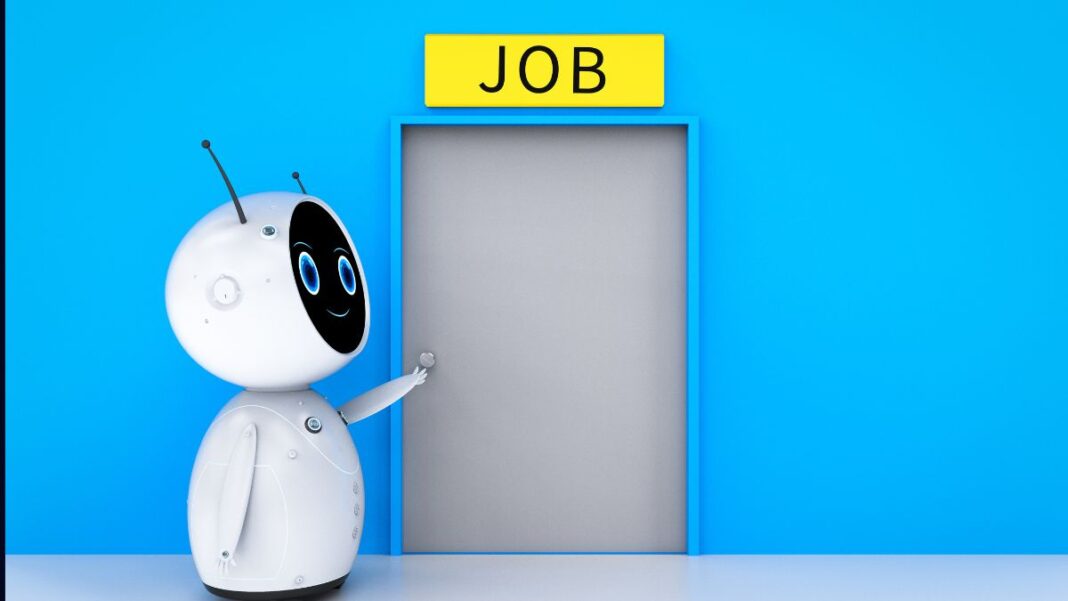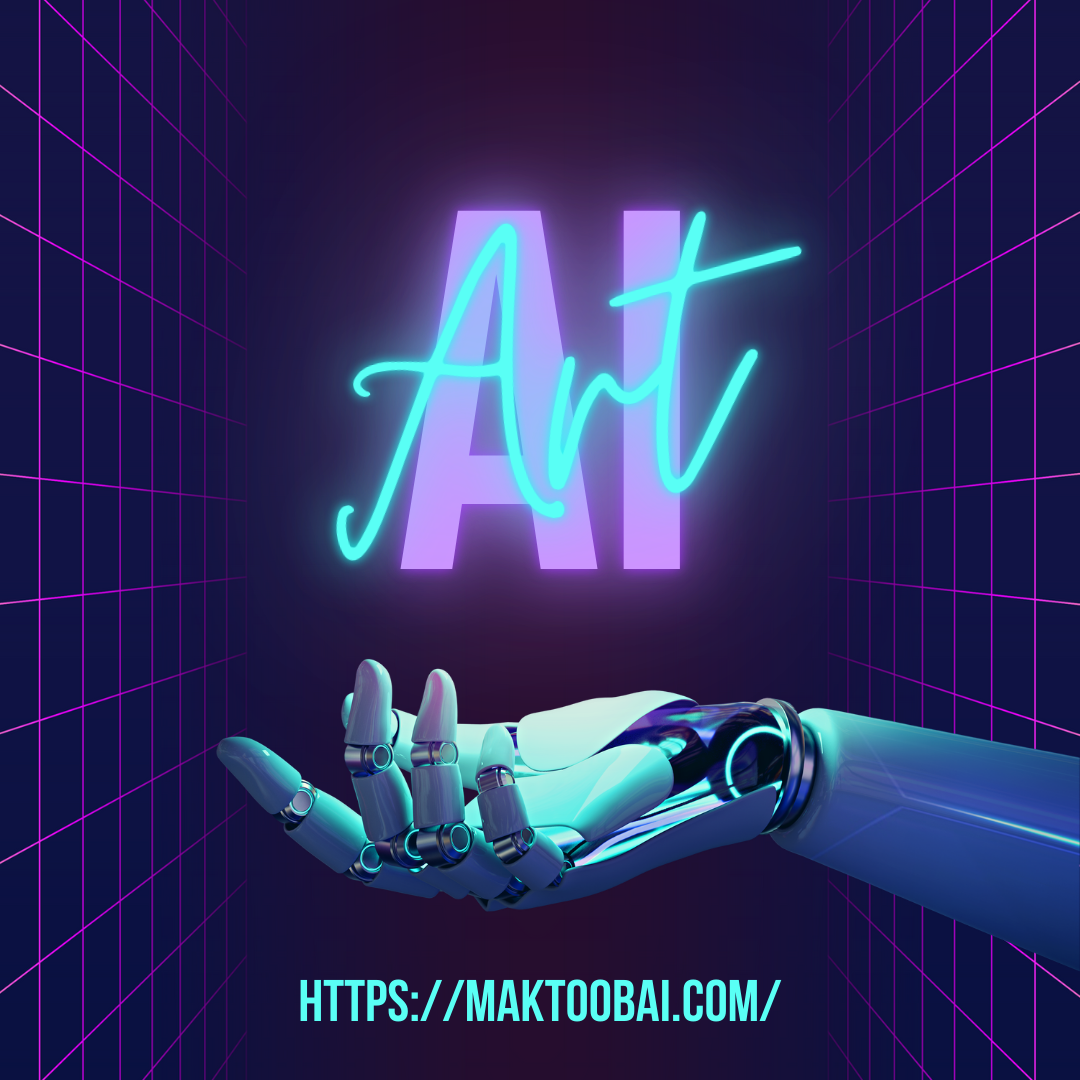Technology is changing fast. Many people wonder if AI (Artificial Intelligence) will replace their jobs. AI is powerful and can do many things. But there are some jobs that it simply can’t take over. This article will explore those special jobs that need the human touch.
Why AI Can’t Replace Every Job
AI can be smart and learn many things. But it has limitations. AI is good at repetitive tasks, solving calculations, and making decisions based on data. But it lacks key things that only humans have, like empathy, creativity, and understanding complex emotions. Here are some reasons why AI can’t replace every job:
- Creativity: AI follows rules and patterns. It can create based on what it learned, but it doesn’t have true imagination like humans.
- Emotional Understanding: AI can’t feel or understand emotions. Jobs that need empathy or connection need a human.
- Critical Thinking: Humans can think deeply, consider moral questions, and make judgment calls that AI can’t.
These human abilities are why some jobs are safe from AI. Let’s explore these jobs.
Read also: AI in the workplace 2024: Benefits, Concerns, and Examples Explained
Jobs That Need Human Creativity
1. Artists and Designers
AI can help create images or designs, but it cannot truly imagine something new. Artists and designers create things that are beautiful or meaningful. They express emotions and ideas through their work based on their life experiences.
- Painters create unique pieces that reflect their view of the world.
- Graphic designers use their creativity to solve problems in ways that resonate with people.
- Writers create stories and poetry filled with deep meaning.
2. Musicians and Composers
AI can make music, but it only follows rules taught by people. It can’t create a song with true emotion or tell a story through music. Musicians put their own feelings and experiences into their music, making it personal and unique.
- Composers create music that touches people’s hearts.
- Singers express deep emotions that AI cannot.
Jobs That Need Emotional Intelligence
3. Therapists and Counselors
AI might give advice, but it can’t listen or understand someone’s feelings. Therapists and counselors help people by understanding their emotions, offering empathy, and supporting them in tough times. They use their own experiences and connect on a deep, human level.
- Psychologists help people through mental health challenges.
- Counselors provide support during difficult times in people’s lives.
4. Teachers and Educators
Teaching isn’t just about sharing information. Teachers connect with students, inspire them, and adapt lessons to meet each student’s needs. They also motivate students and help them feel confident about learning.
- Elementary school teachers guide young children, often giving them emotional support.
- College professors challenge students to think critically and discuss complex ideas.
5. Healthcare Workers
Doctors, nurses, and caregivers make decisions that affect people’s lives. They provide comfort and empathy to patients. AI can help diagnose diseases, but it can’t hold a patient’s hand or offer comforting words.
- Nurses care for patients with compassion.
- Doctors understand patients in ways beyond just data and numbers.
Read also: Ethical Considerations of AI in Modern Education
Jobs That Require Complex Human Interaction
6. Social Workers
Social workers help people in tough situations, like poverty or abuse. They need to understand each person’s story and show empathy and understanding. AI doesn’t have the ability to deal with these complex human situations.
- Child welfare workers protect children and support families.
- Community service managers help improve neighborhoods and offer support to those in need.
7. Negotiators and Mediators
In situations where there are conflicts, AI can’t make complex judgment calls based on emotions or relationships. Negotiators and mediators use their understanding of human nature to find balance and resolve issues.
- Mediators help people solve disputes without going to court.
- Diplomats negotiate peace between countries.
8. Leaders and Managers
Being a leader isn’t just about making decisions. It’s also about inspiring others, building trust, and understanding what each team member needs. Good leaders adapt to challenges and motivate their teams. AI can’t do this because it lacks emotional understanding and true human adaptability.
- Team leaders bring out the best in each member.
- CEOs make important decisions while understanding the emotional and personal impact on their teams.
Read also: 10 AI Applications Every Educator Should Know About
Jobs That Need Human Touch and Care
9. Childcare Providers
Caring for children is about more than keeping them safe. It’s about nurturing, playing, and understanding their needs. AI can’t replace the love and connection that a caregiver offers to a child.
- Nannies provide care, love, and understanding to children.
- Daycare workers create a safe and happy environment for kids to grow.
10. Elderly Care Workers
Elderly care requires patience, compassion, and understanding. Elderly care workers provide emotional support, companionship, and physical care to older adults. AI may assist, but it can’t replace the warm human presence that seniors need.
- Caregivers help with daily activities and offer companionship.
- Hospice workers provide comfort during difficult times.
Jobs That Need Human Judgment
11. Lawyers and Judges
Law involves more than just applying rules. It requires understanding context, considering morals, and making complex decisions. Lawyers and judges evaluate evidence, understand human motives, and make fair decisions. AI can help gather information but can’t replace the human sense of justice.
- Defense attorneys understand and defend their clients.
- Judges consider both facts and human stories to make decisions.
12. Journalists
AI can write simple news stories, but it can’t investigate, understand the big picture, or ask deep questions. Journalists bring stories to life by talking to people, understanding events, and analyzing complex situations.
- Investigative journalists dig deep into important issues.
- Reporters bring real human stories to the public.
Summary Table of Jobs AI Can’t Replace
| Job Category | Examples | Why AI Can’t Replace It |
|---|---|---|
| Creativity | Artists, Musicians | Needs imagination and personal expression |
| Emotional Intelligence | Therapists, Teachers | Requires empathy and understanding feelings |
| Human Interaction | Social Workers, Mediators | Needs human judgment and emotional balance |
| Human Touch | Childcare, Elderly Care | Requires nurturing, care, and emotional support |
| Human Judgment | Lawyers, Journalists | Needs deep thinking and moral understanding |
Conclusion
AI is incredible and can do many tasks quickly and efficiently, but there are certain things it simply can’t do. Jobs that require creativity, empathy, complex human judgment, and the human touch will always need real people. These jobs are about more than just completing tasks; they are about connecting with others, feeling emotions, and thinking deeply.
If you are considering your future career, think about the skills that make you uniquely human. Focus on creativity, understanding emotions, and interacting with others. These are the jobs that AI can’t replace, and they will always need someone like you.
Frequently Asked Questions
1. Will AI replace all jobs in the future?
No, AI won’t replace all jobs. Many roles that need creativity, emotional intelligence, and human interaction will always need a human touch.
2. Which jobs are most at risk of being replaced by AI?
Jobs that involve repetitive tasks, data entry, and routine activities are most at risk. Examples include telemarketers, data entry clerks, and simple manufacturing roles.
3. What skills should I focus on to stay relevant in the future job market?
Focus on skills that make you uniquely human, such as creativity, empathy, communication, and critical thinking. Jobs that require these skills are less likely to be replaced by AI.
4. Can AI replace healthcare workers?
AI can assist healthcare workers by analyzing data and diagnosing diseases, but it cannot replace the empathy and human connection provided by nurses, doctors, and caregivers.
Topics to Explore Further
1. Engineering Jobs That AI Can’t Replace
While AI can help in engineering by doing calculations or simulations, it can’t replace the problem-solving skills, creativity, and hands-on expertise of engineers. Some fields within engineering need human oversight and innovation.
2. Jobs That AI Can’t Replace in 2024
In 2024, jobs that involve creativity, human interaction, and emotional intelligence remain irreplaceable by AI. Teachers, healthcare workers, artists, and leaders are examples of roles still beyond the reach of automation.
3. Jobs That AI Can’t Replace in the World
Across the world, jobs that require personal connections, cultural understanding, and deep human interaction remain crucial. Each culture has its own needs, which is something AI struggles to fully grasp.
4. What Jobs Will AI Replace by 2030?
By 2030, many repetitive and data-driven jobs may be replaced by AI. This includes roles like data entry clerks, telemarketers, and even some forms of analysis. However, jobs requiring emotional and creative skills will still need people.
5. Jobs That Can’t Be Replaced by Technology
Technology can assist with many tasks, but jobs that need a personal touch—like care providers, teachers, and therapists—cannot be fully automated. These roles require empathy, human presence, and emotional support.
6. What Jobs Has AI Already Replaced?
AI has already taken over jobs that involve routine tasks, such as data entry, customer service bots, and some aspects of manufacturing. These roles often require repetitive actions that AI excels at doing quickly and efficiently.


